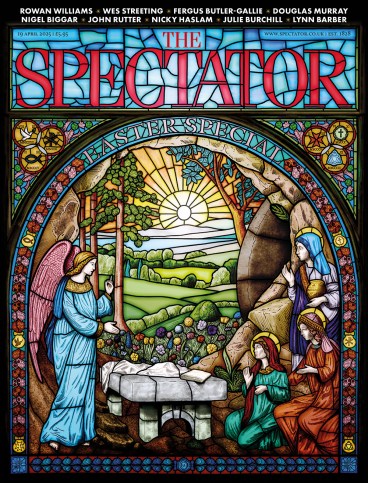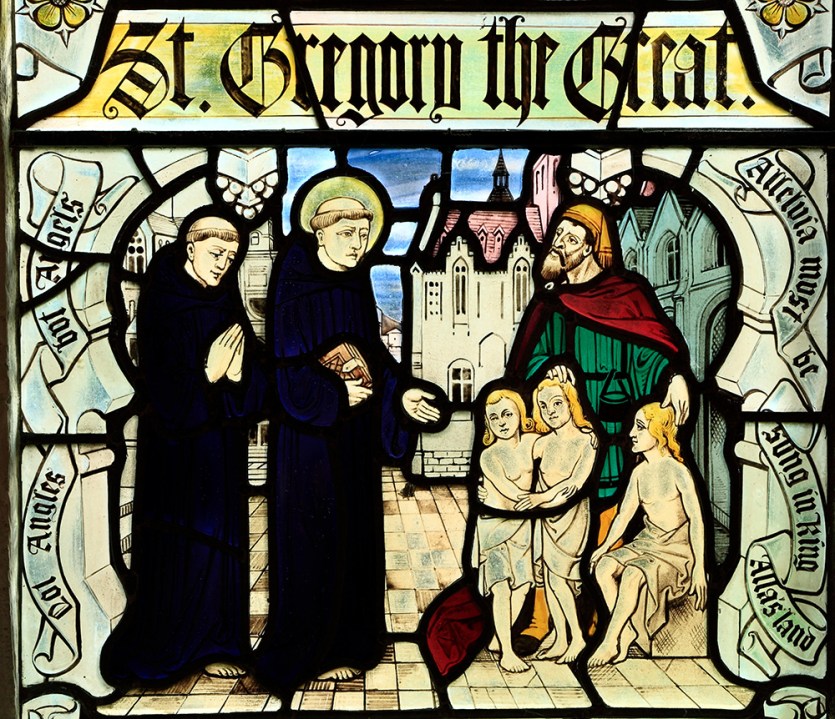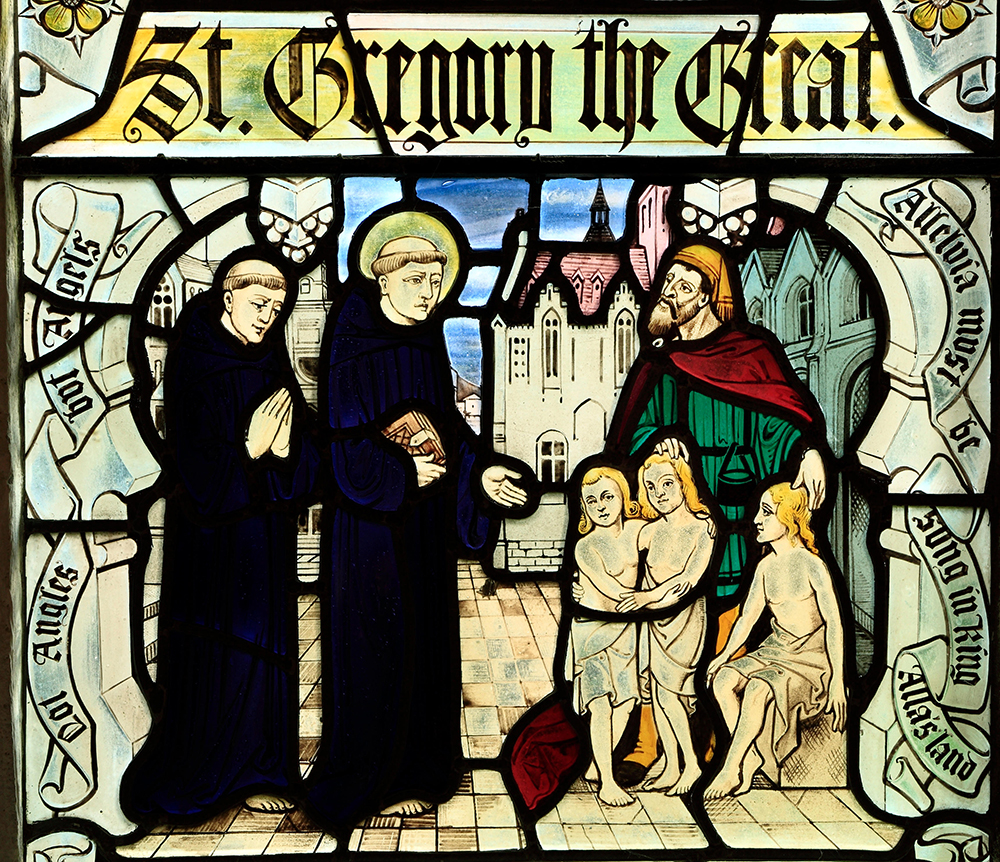
‘Christianity,’ writes Bijan Omrani in his opening sentence, ‘is dying in England.’ Does it matter? His next sentence makes it clear that, for him at least, it does. ‘In this generation, the religion that has defined the spiritual life, identity and culture of the country since its origins as a unified state in the 10th century has come into its death agony.’ This, he adds, is ‘far more profound than anything like Brexit.’
The implication is either that we are nothing without our religion or we are becoming something unrecognisable and untested by history, a people without a story, with no tale to tell themselves. This book is a history of what we are losing. It is compendious, well written and alarming because we are evidently in danger of losing everything. Omrani’s writing is passionate – his Iranian name comes from his father but he is English born and bred.
The story begins with the arrival of a boat laden with treasure and 40 seamen on the Isle of Thanet in 597. It had been sent by Pope Gregory I who had noticed some boys in a market place with fair skin and hair and beautiful faces. He was told they were Angles – meaning English – but he insisted they were not Angles but Angels. English religious history thus began with a bad pun.
Then, in the 7th century, comes the Venerable Bede, a monk and scholar, who redefines kingship as a matter of Christian morality and sanctity rather than the brute force preferred by the Germanic tribes. From this point on Omrani’s title – God is an Englishman – is thoroughly justified.









Comments
Join the debate for just £1 a month
Be part of the conversation with other Spectator readers by getting your first three months for £3.
UNLOCK ACCESS Just £1 a monthAlready a subscriber? Log in